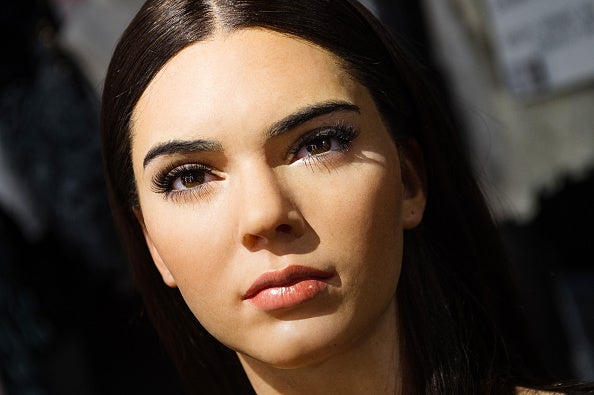Kendall Jenner 'appropriating' ballerina culture shows how ridiculous the cultural appropriation debate has become
One only has to look at the evolution of the Notting Hill Carnival to see the positive impact of cultural appropriation. People of other cultures have joined in with the celebrations of African and Caribbean culture and as a result have been educated on a broad range of cultures

Your support helps us to tell the story
From reproductive rights to climate change to Big Tech, The Independent is on the ground when the story is developing. Whether it's investigating the financials of Elon Musk's pro-Trump PAC or producing our latest documentary, 'The A Word', which shines a light on the American women fighting for reproductive rights, we know how important it is to parse out the facts from the messaging.
At such a critical moment in US history, we need reporters on the ground. Your donation allows us to keep sending journalists to speak to both sides of the story.
The Independent is trusted by Americans across the entire political spectrum. And unlike many other quality news outlets, we choose not to lock Americans out of our reporting and analysis with paywalls. We believe quality journalism should be available to everyone, paid for by those who can afford it.
Your support makes all the difference.In the last year or so the term “cultural appropriation” has become more prominent in news headlines. A video that went viral in March of a black female student from San Francisco State University assaulting a white male student for having dreadlocks sparked many debates. Not only was her behaviour called into question but more people began to ask: what exactly constitutes as appropriation? And where do we draw the line?
Accusations recently reached new levels of lunacy a couple of days ago when Kendall Jenner posed for a photo shoot with Vogue España. Dressed as a ballerina, Jenner received accusations of appropriating the art of ballet on social media. Many dancers believed it was an insult to professional dancers and that Vogue should have casted an actual ballerina instead. Some people with no experience within dance echoed these outcries, leaving hateful comments on Jenner’s Instagram account. Such behaviour leads us back to the initial of question: where do we draw the line when it comes to appropriation?
I find it astounding that people are willing to find offence in something so small and trivial (and that I’m defending a Kardashian). Kendall Jenner’s ridiculous case doesn’t stand alone, as one only has to venture into the depths of tumblr to learn that pretty much everything is now cultural appropriation. Yoga was deemed unacceptable at the University of Ottawa, whilst the University of East Anglia banned sombreros for “discriminatory or stereotypical imagery”.
By trying to push these non-issues, these people are only hurting their cause, as they appear increasingly petty. If a serious case were to arise, I believe people would be less likely to acknowledge the issue, especially with the same petty band of people who scream “appropriation!” at the smallest of cases leading the cause.
Humans have always adopted superior aspects from other cultures and this is seen as vital in our growth as a society. We should all be encouraged to adopt and learn about one another’s backgrounds. I should be free to wear a kente if I so wished, without the fear of someone challenging me in the street, questioning if I meet the requirements to do so. It is important that future generations aren’t funnelled into certain cultural categories and are allowed to embrace and explore other cultures. By doing so, people are able to appreciate one another by getting to experience something different. Sharing aspects of each other’s cultures should not be vilified but celebrated in our ever-expanding multicultural society.
One only has to look at the evolution of the Notting Hill Carnival to see the positive impact of cultural appropriation. For those unfamiliar with the carnival, it is a celebration of black culture with food, drinks and music across the August bank holiday. People of other cultures have joined in with the celebrations of African and Caribbean culture and as a result have been educated on a broad range of cultures. The increased understanding of other cultures can only be a positive and I hope soon people will realise that it’s not exploitative to share and embrace one another’s practices.
Join our commenting forum
Join thought-provoking conversations, follow other Independent readers and see their replies
Comments